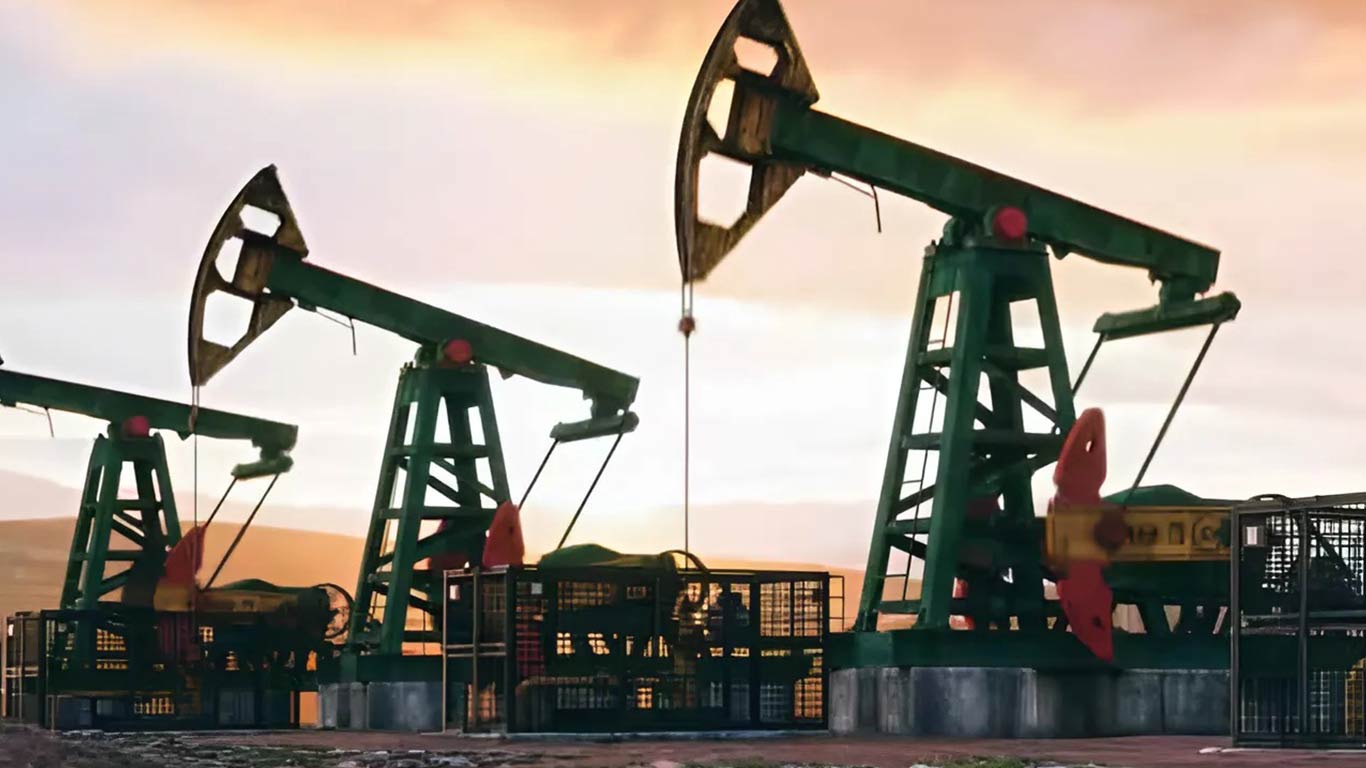Oil prices increased on Friday as traders bet that Russian crude exports from the Baltic region will decline in December, allaying concerns that an impending Arctic storm across the United States could dampen the rise in demand for transportation fuel over the holiday season. Brent crude was up 88 cents, or 1.1%, to $81.86 per barrel, while U.S. West Texas Intermediate crude was up 92 cents, or 1.2%, to $78.41 per barrel. After the European Union and the G7 nations implemented sanctions and a price cap on Russian petroleum as of December 5, calculations by traders and Reuters indicate that Russia’s Baltic oil exports may decline by 20% in December compared to the prior month.
Crude prices have increased as energy traders pay more attention to Moscow’s response to the price restriction imposed on Russian oil than to the tens of thousands of flight cancellations that would cause travel disruptions throughout the holiday season, according to OANDA analyst Edward Moya. Over the course of two days, more than 4,400 domestic flights within the United States have been canceled as a result of the blizzard, which comes just as some experts are predicting will be the biggest holiday travel season ever.
As flights were canceled on Thursday, oil prices decreased on both sides of the Atlantic. As a result of the blizzard, fewer cars would be on the road over Christmas and New Year’s, which would reduce petroleum use. But because of the anticipated power disruptions brought on by the inclement weather, there may be an increase in the demand for heating oil. While many travelers may be dissatisfied as a result of this Arctic storm, Moya said it illustrates how close we are to returning to normal travel habits.
With predictions of a future increase in oil consumption in China, the second-largest consumer of the commodity in the world, Brent and WTI are expected to achieve a second weekly gain. Gains in oil prices were, however, capped by a global recession, a rise in COVID-19 cases on the mainland, and worries about further interest rate increases. China is “the largest wildcard in the oil market,” according to Moya. There is still a lot of hope that the reopening will continue and eventually increase demand.

